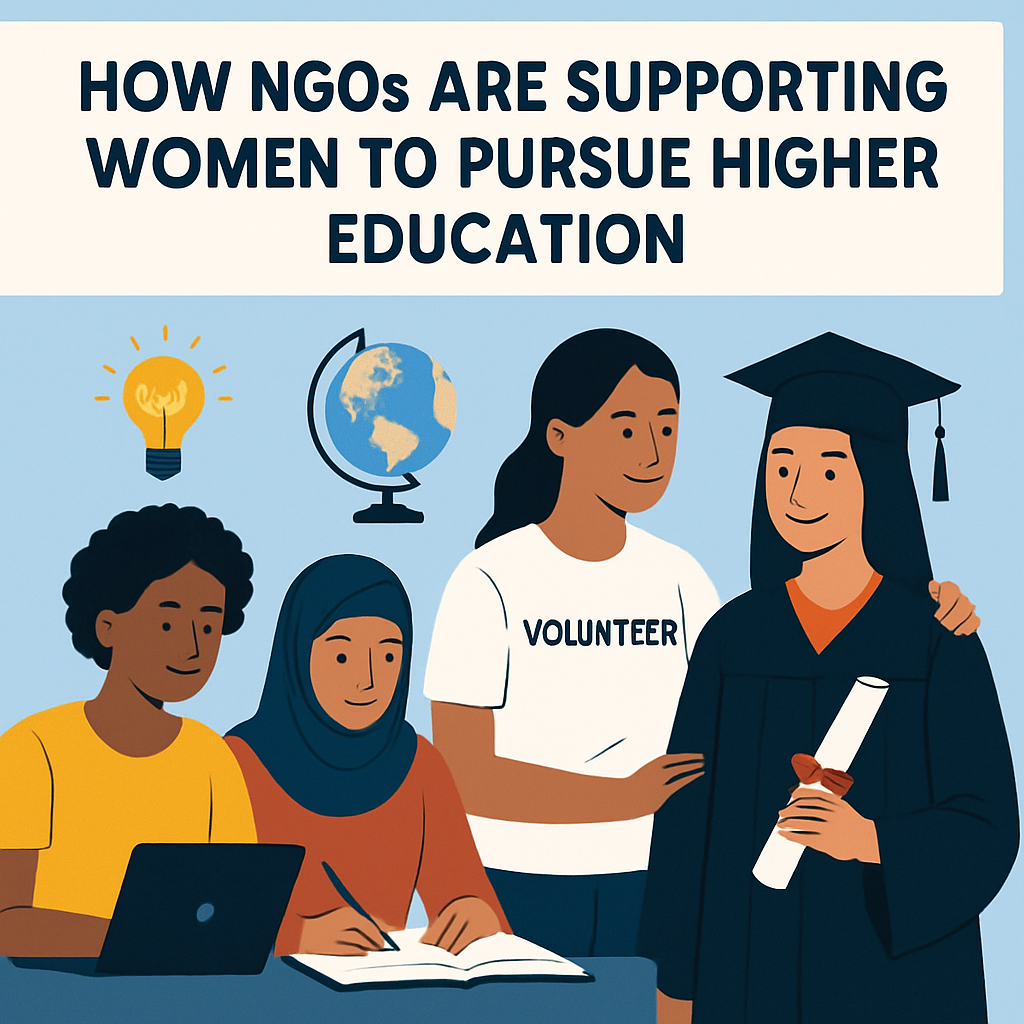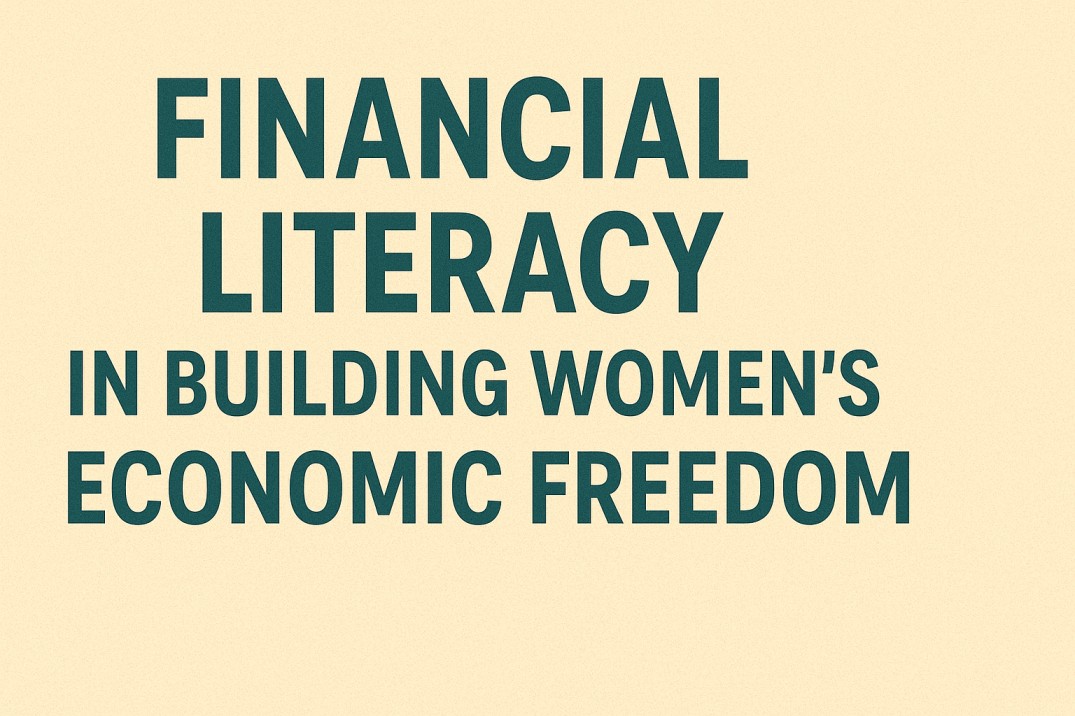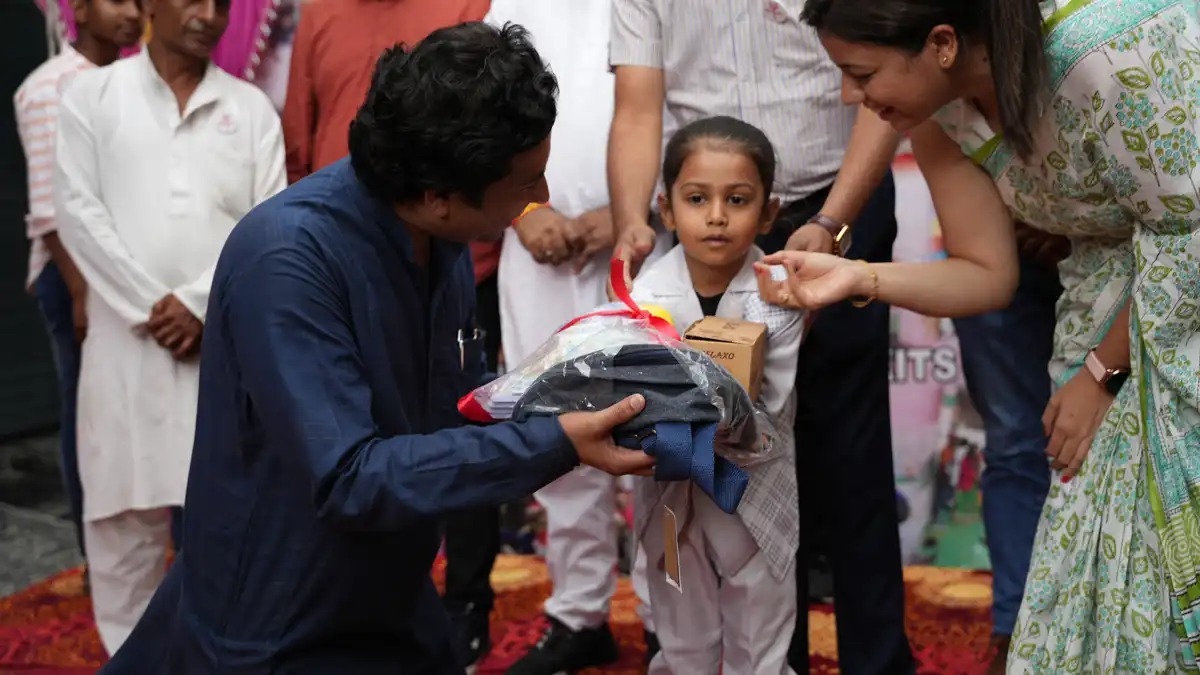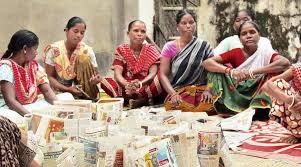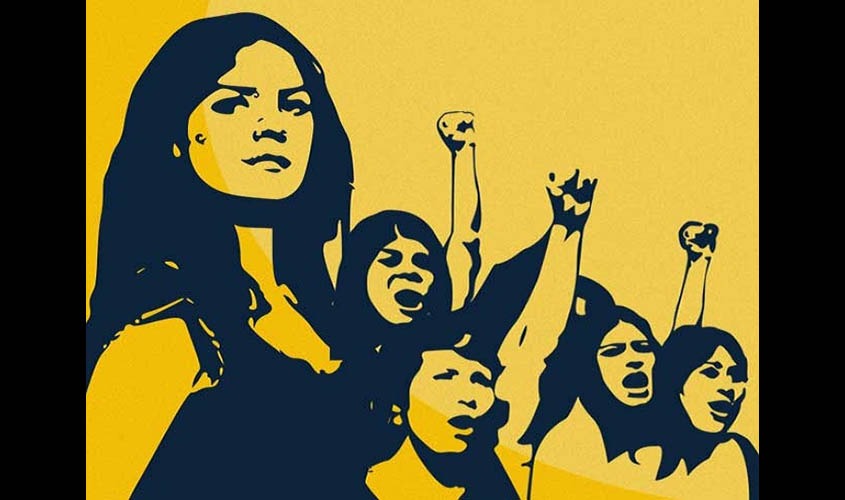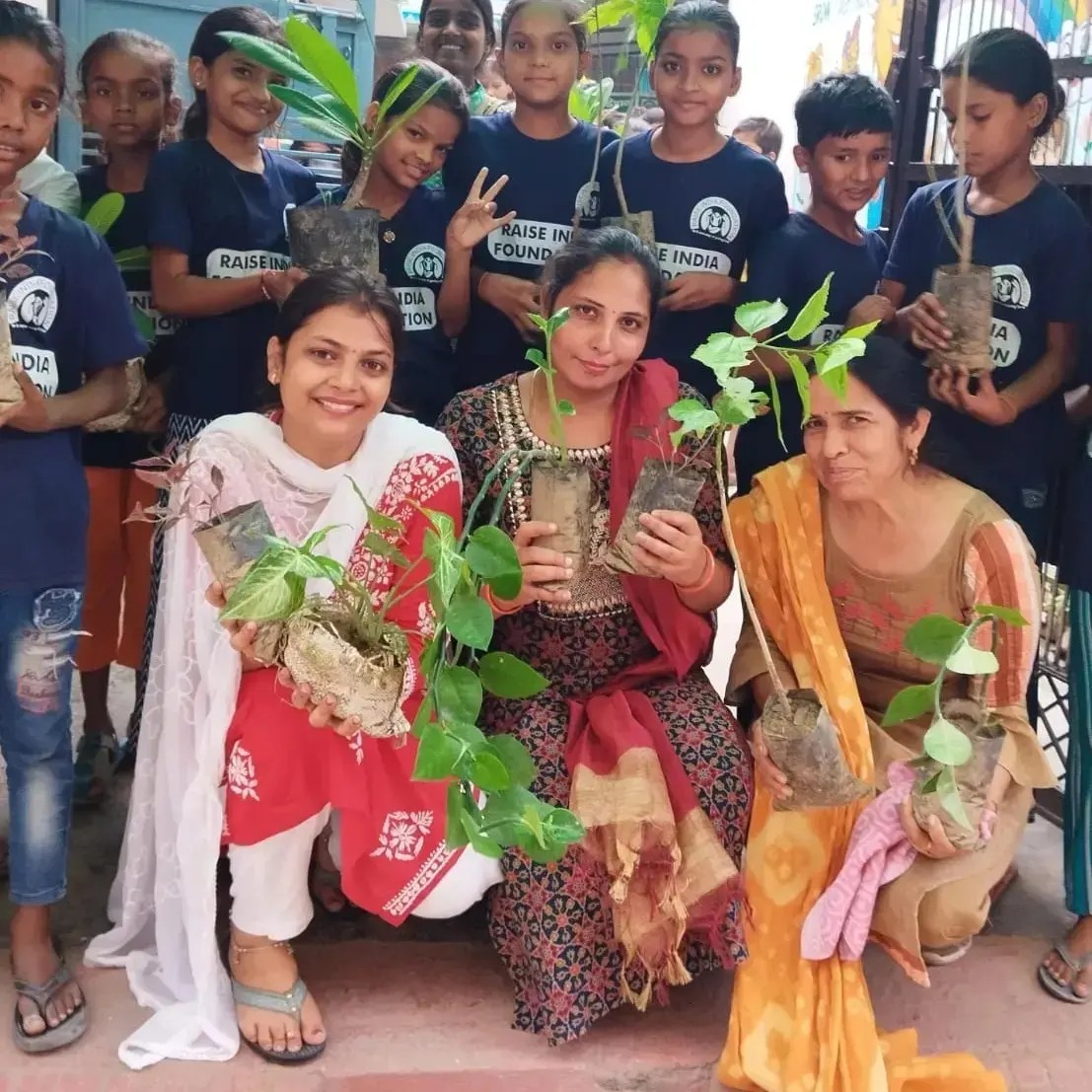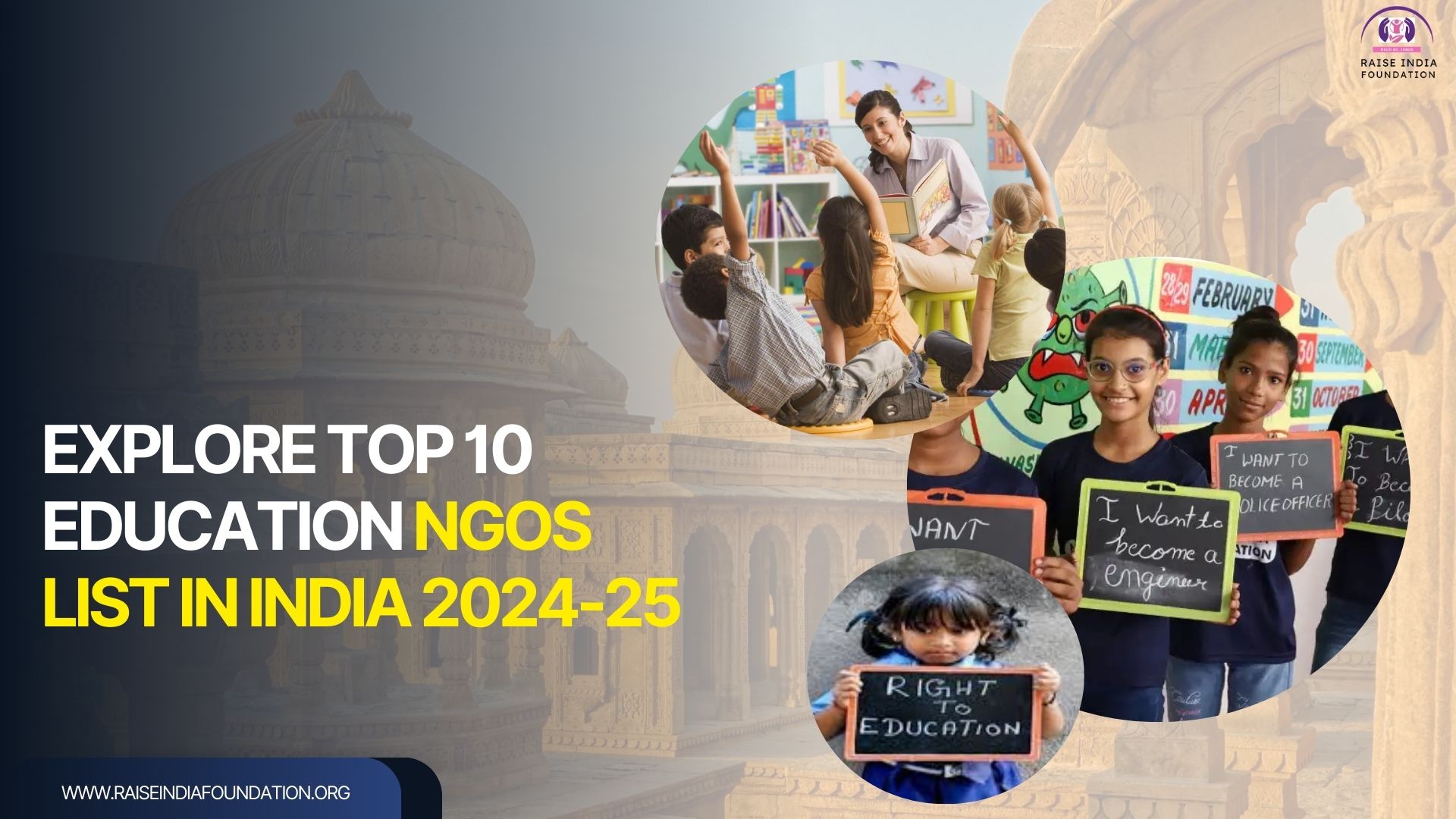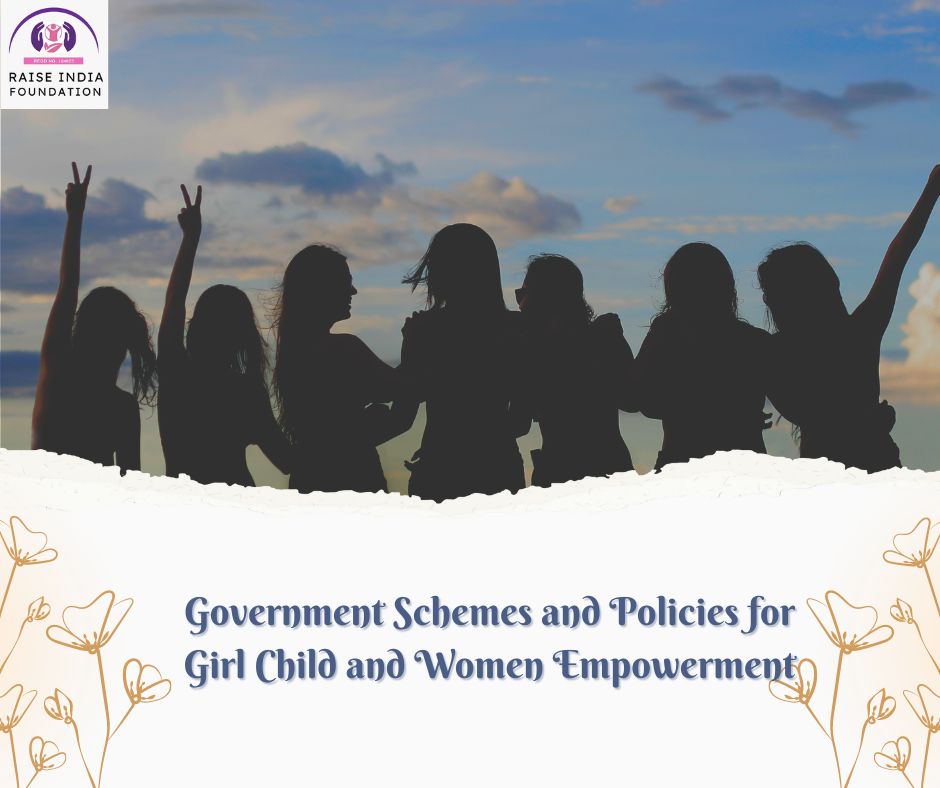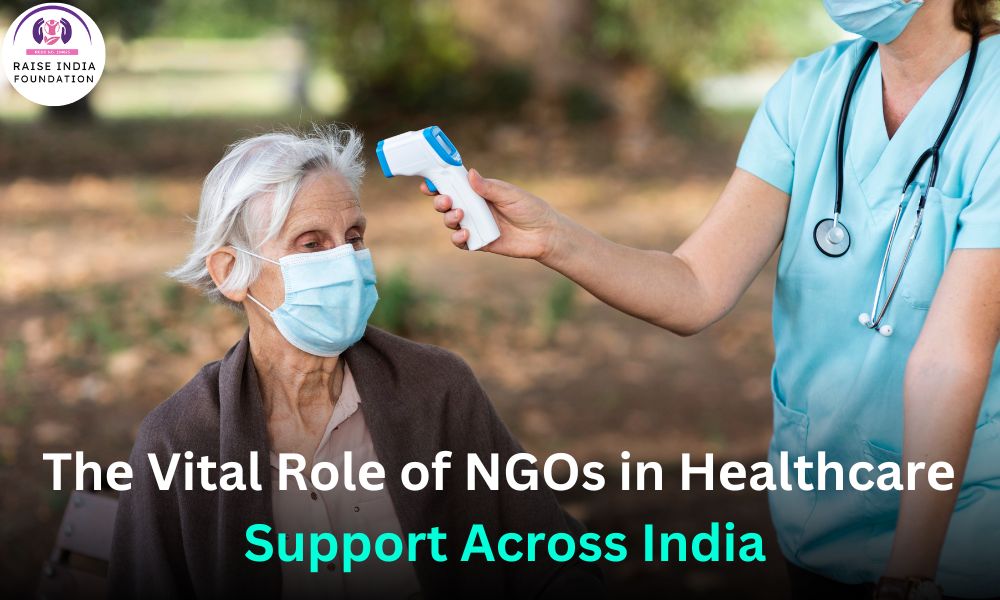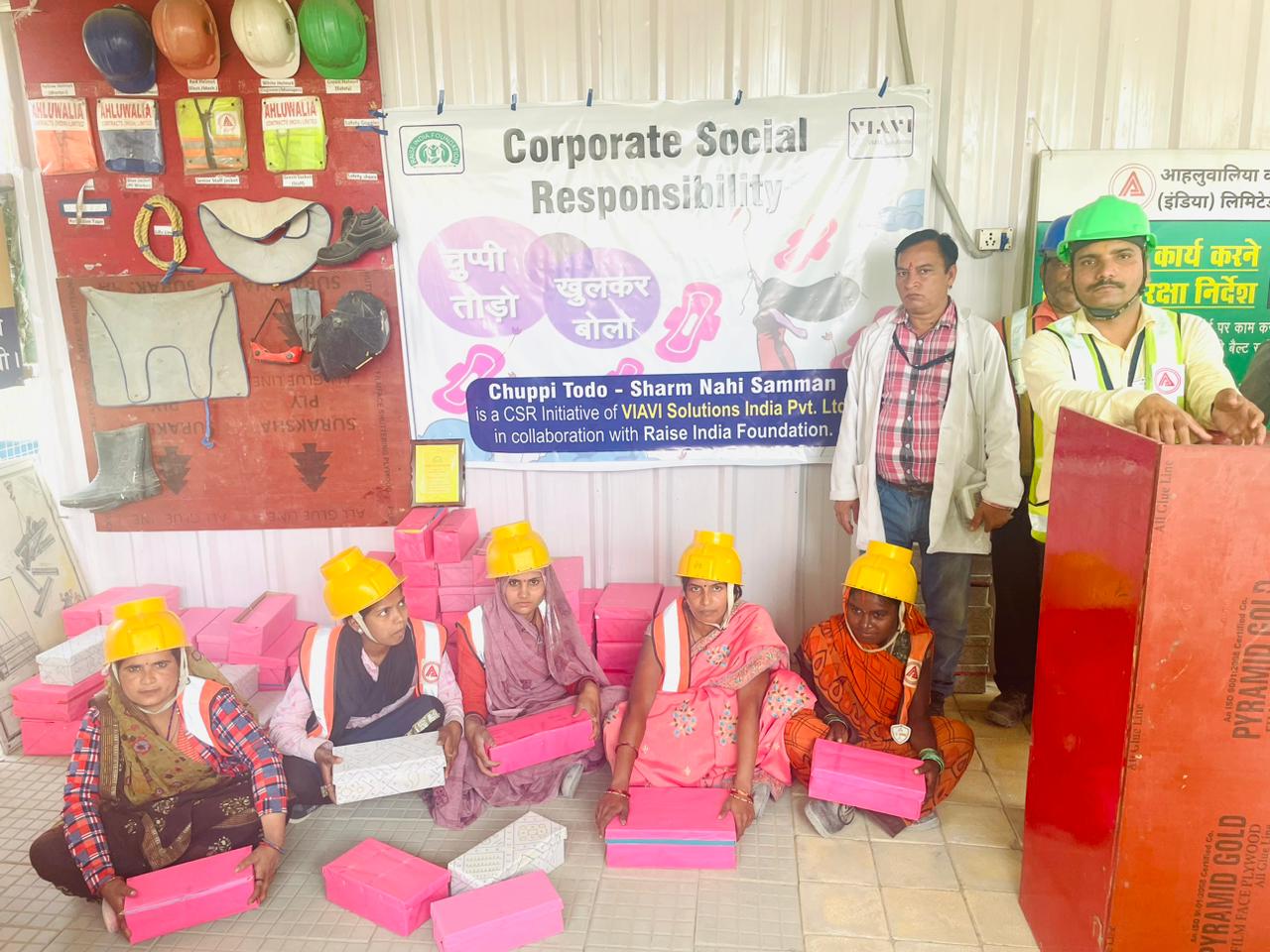Achieving social empowerment, gaining financial independence, and accessing better job opportunities become possible with advanced education. However, for many women in India, the pursuit of higher studies is still a challenge because of financial barriers, antiquated societal norms, and lack of a suitable quality education. The role of Non-Governmental Organizations (NGOs) comes in here, where they actively work towards facilitating indian ngo for child education and ensuring no student is deprived of education because of outdated societal norms.
- Providing Scholarships and Financial Aid
Purchase the books, pay for tuition, or cover living expenses. Unfortunately, for many women, these options are not viable. However, NGOs such as the Raise India Foundation offer financial assistance in the form of scholarships, stipends, and scholarships for education. They have removed the economic barrier, which previously stunted the potential of many women by helping them concentrate entirely on their studies without having to worry about finances.
- Creating Awareness and Motivating Families
Cultural and safety concerns also play a role in education. With these societal norms present, families are often unwilling to send their daughters to higher education institutes. Thankfully, with the help of workshops and awareness campaigns, NGOs have been able to shift the mindset and focus on empowering women. They work towards sending their daughters to pursue educational ambitions.
- Providing Career Support and Mentoring
Higher education starts with pursing an appropriate college; For some, it is a defining career moment. Women professionals provide their skills and assist students through mentorship programs offered by some NGOs, including helping with coursework selection, strategizing for competitive exams, and structuring their career trajectories. Such mentorship frameworks unlock greater possibilities for young women.
- Preparatory and Skills Training
Few women develop certain learning gaps as a result of not being able to access quality education. For such women, aid NGOs offer preparatory schooling, language classes, as well as programs on computer skills. These not only equip women for further education but also help them seamlessly transition into the job market.
- Collaborating with Colleges and Universities
Some NGOs work with colleges and universities to provide special admission and tuition schemes for women from disadvantaged backgrounds. Such collaboration transforms the scope of higher education to be within reach of more women and hence more inclusive.
- Ensuring Women’s Safety While Studying Away from Home
When families think about sending their daughters to study in other towns or cities, safety becomes a real concern. For women studying further from home, some NGOs offer safe accommodation like hostels, transport services, as well as a secure environment to access education.
The Greater Influence
The pursuit of education enables women to obtain better employment opportunities, postpone early marriage, and navigate critical life decisions. Such positive outcomes extend to families, communities, and society as a whole. Non-governmental organizations are not simply transforming education for women; they are also actively working towards a future where achieving educational gender equality becomes standard and habitual.
FAQs
Q1: Why is higher education important for women?
Advanced education helps women become better equipped for careers, financially independent, and confident in social settings.
Q2: How do NGOs financially assist women?
They provide scholarship and sponsorship programs that cover tuition, books, and living expenses.
Q3: Do NGOs aid women living in the countryside?
Yes, numerous NGOs focus on rural and marginalized areas, offering awareness programs as well as transport and educational assistance.
Q4: Can professional courses be sponsored by NGOs?
Certainly. Professional education such as engineering, medicine, law, and management is sponsored by many NGOs through guidance or direct funding.
Q5: What is the way to support these NGOs?
They can be supported through monetary or commodity donations, volunteer work, mentorship, and awareness campaigns.

